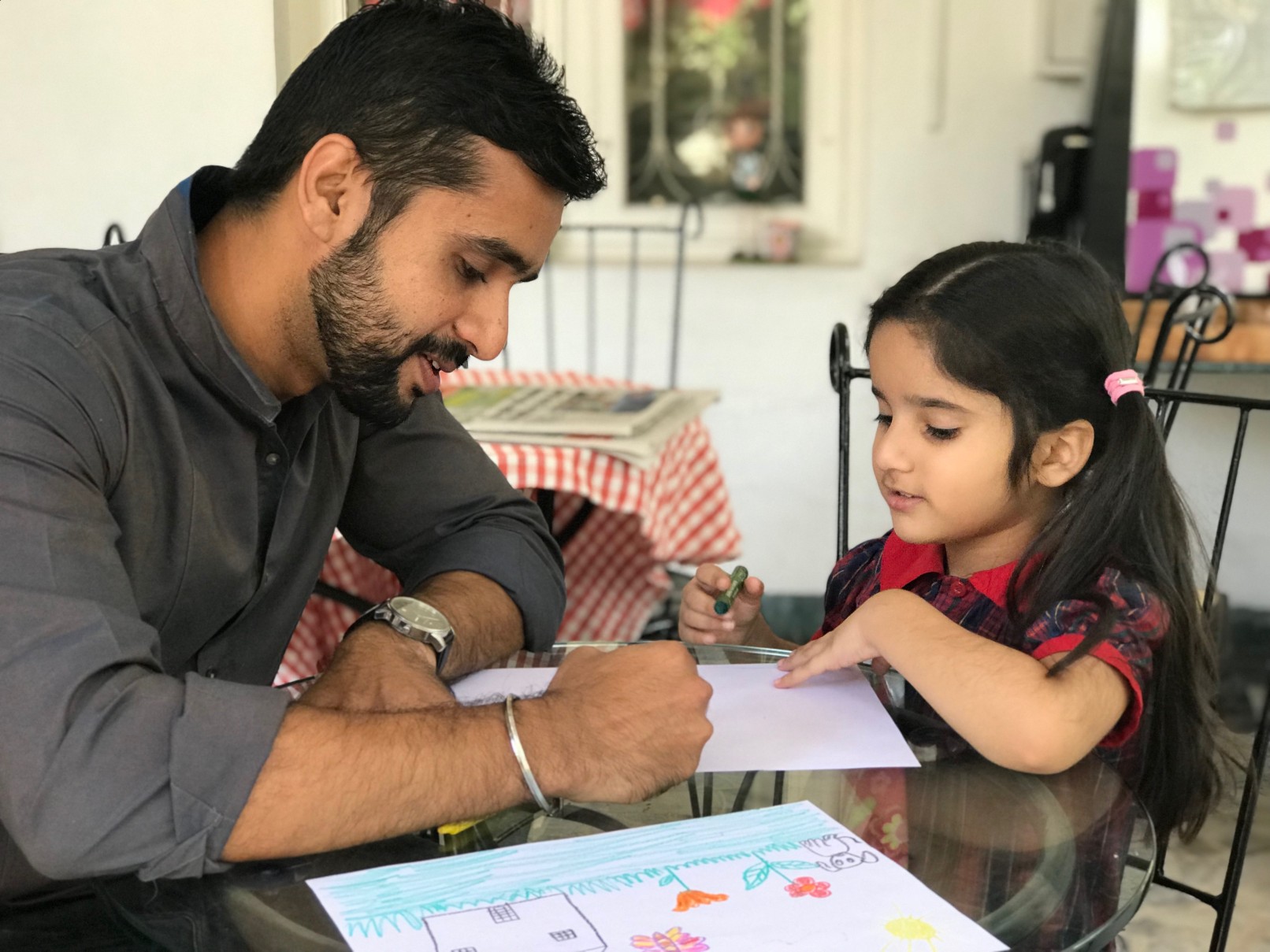- Call/Whatsapp: +91-9372801276
- Mail us: info@viverointernational.com
For children to be successful at school, they need to learn how to concentrate and focus. That ability starts to develop during their earliest years when their brains are more sensitive to the environments around them. For a brain to develop and grow, it needs essential stimuli from the outside world. More importantly, they need time to process those stimuli.
While reading storybooks out loud gives children time to process words, images and voices, the constant absorption of on-screen images and messages affects their attention span and focus.
Children who have a positive start to their new environment are more likely to feel comfortable, relaxed and valued, feel good about themselves as learners and have a sense of belonging to the pre-school community. Most children settle in without too many concerns but there are some children who need more time to develop trust.
Screens curtail ability to control impulses
Young children need their dose of boredom. It teaches them how to cope with frustration and control their impulses. If young children are constantly being stimulated by screens, they forget how to rely on themselves or others for entertainment. This leads to frustration and hinders imagination and motivation.
Screens reduce empathy
Research has shown that screen time limits young children’s ability to - read faces and learn social skills, the two key factors which are important to develop empathy. Face-to-face interactions are the only way young children learn to understand non-verbal cues and interpret them

How does screen time affect attention span & focus in young children?
1. Screens allow repeated stimulation and immediate gratification every few seconds. And when children become accustomed and conditioned to such rapid and frequent stimulation, it can be hard to focus when things in the real world aren’t as mesmerizing. Screen time makes the real physical world seem rather dull, like watching a plant grow.
2. This is largely due to the fact that the brain operates with two kinds of attention: Let us understand.
Automatic attention is associated with the brain’s default mode network. We typically use it when interacting with something that’s easily engaging, such as social media, video games and television.
Directed attention is associated with the task-positive network, which we utilize when we’re concentrating on tedious (and sometimes boring) tasks like studying, reading a book and folding laundry. Activities that are more energy oriented require significant directed attention..
When a child spends too much time on screens being constantly rewarded, it can become hard to exercise directed attention doing the tasks that aren’t as fun but are necessary in life.
How can we balance screen time for children?
Make screen time active—play during commercials and choose shows that get your family up and moving. Make a list of other activities so your family doesn't rely on screens for entertainment. Include outdoor activities, playing, and reading in your family's daily routine.
